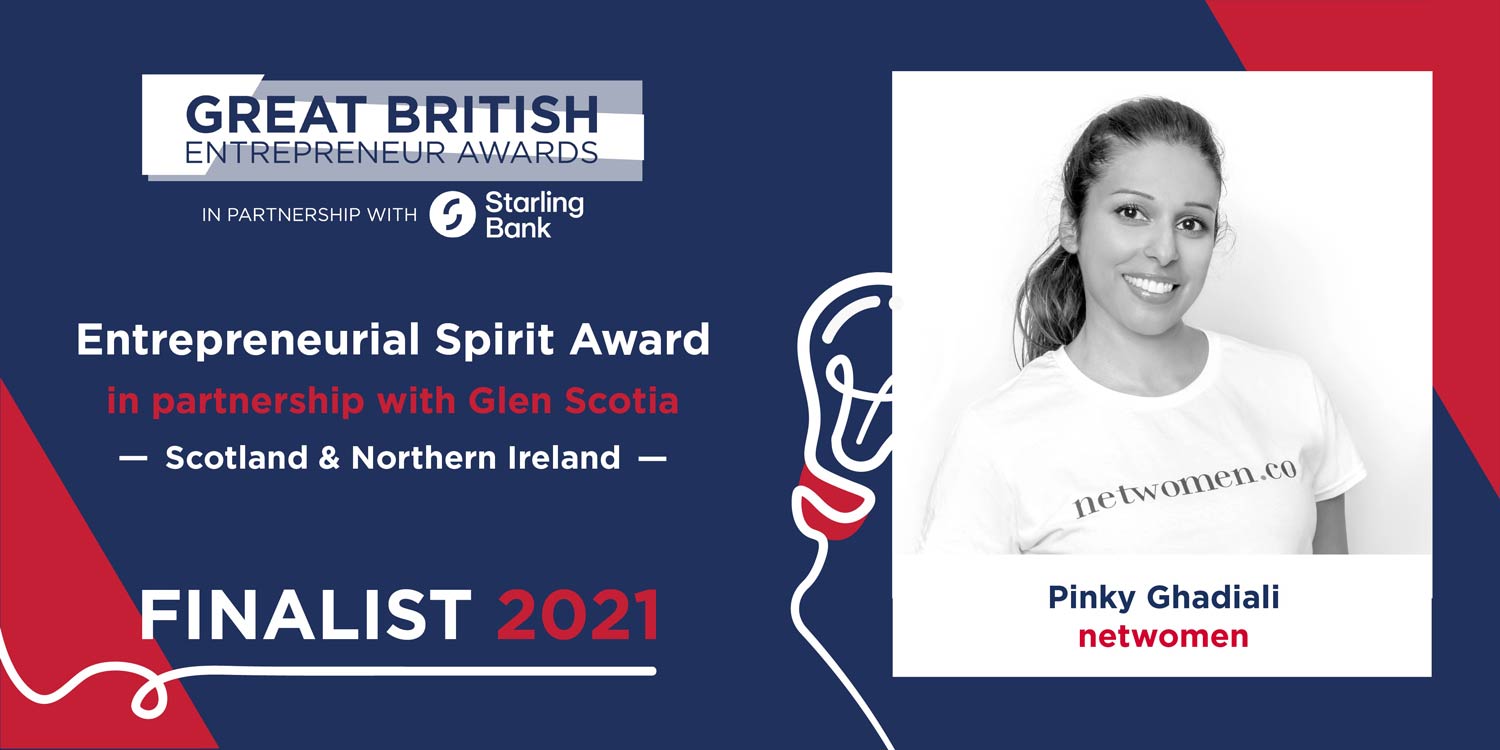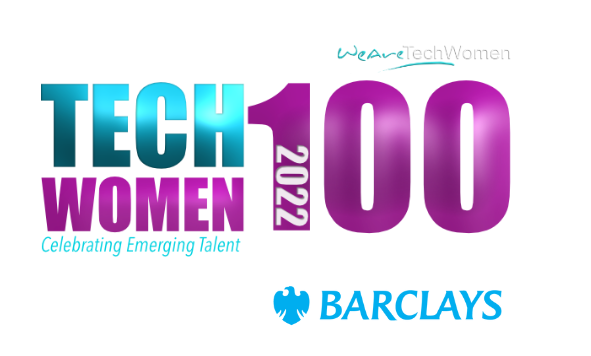In today’s interconnected world, fostering diversity, equity, and inclusion is a paramount goal for individuals and organisations alike. However, the journey towards true inclusivity faces a significant obstacle—microaggressions and unconscious bias. These subtle, often unintentional acts can perpetuate discrimination, hindering progress in both personal and professional spheres. This article aims to raise awareness about these issues and provide practical strategies to address and eliminate unconscious bias, creating environments where everyone feels valued and respected.
Understanding Microaggressions:
Microaggressions are subtle, everyday verbal or non-verbal slights, often rooted in stereotypes, that communicate derogatory or negative messages to individuals based on their marginalised identities. These seemingly innocuous comments or actions can accumulate over time, creating a hostile and unwelcoming environment. Recognising microaggressions is the first step in dismantling their impact. This requires self-reflection, education, and an openness to understanding the diverse experiences of others.
Unpacking Unconscious Bias:
Unconscious bias refers to the automatic and unintentional mental associations people make about others based on characteristics such as race, gender, age, or socio-economic status. These biases influence decision-making processes, leading to unintentional discrimination. Acknowledging that everyone possesses biases is crucial in addressing them. It’s not about blame but about fostering an environment where biases can be openly discussed and mitigated.
Strategies to Address and Eliminate Unconscious Bias:
- Education and Training: Implement comprehensive diversity and inclusion training programmes that address unconscious bias. These sessions should encourage self-awareness, empathy, and an understanding of the impact of biased behaviour.
- Promote Inclusive Language: Encourage the use of inclusive language that respects individual identities and experiences. Language plays a powerful role in shaping perceptions and can contribute to a more inclusive atmosphere.
- Diverse Representation: Actively seek and promote diverse representation in leadership roles, decision-making processes, and within the overall workforce. This helps challenge stereotypes and fosters a sense of belonging for everyone.
- Establish Clear Policies: Develop and enforce clear anti-discrimination and anti-bias policies within organisations. Employees should be aware of the consequences of engaging in discriminatory behaviour and feel empowered to report incidents without fear of retaliation.
- Encourage Open Dialogue: Foster an environment where employees feel comfortable discussing their experiences with bias. Open dialogue promotes understanding and allows organisations to address concerns promptly.
- Regular Audits and Assessments: Conduct regular audits of policies, procedures, and decision-making processes to identify and rectify any biases. This proactive approach helps in continuously improving inclusivity efforts.
Addressing microaggressions and unconscious bias requires a collective commitment to change. By raising awareness, fostering education, and implementing proactive strategies, individuals and organisations can contribute to creating truly inclusive spaces. The journey towards a bias-free environment is ongoing, but every step taken brings us closer to a world where diversity is celebrated, and everyone is treated with dignity and respect.
Contact Netwomen to for more understanding or find out how we can help: https://www.netwomen.us/



